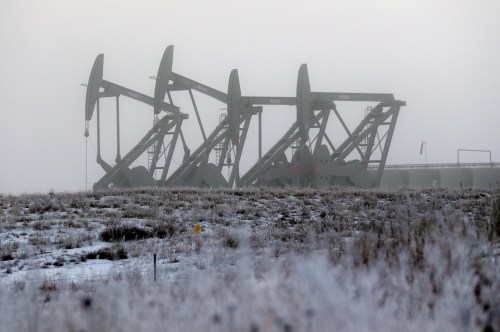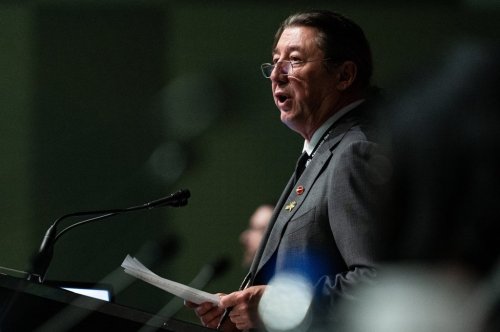Indigenous Education
Please review each article prior to use: grade-level applicability and curricular alignment might not be obvious from the headline alone.
Province’s Indigenous tourism industry growing
5 minute read Preview Monday, Feb. 9, 2026Online learning offered for Indigenous languages
4 minute read Saturday, Feb. 7, 2026Inner-city students and their families are getting more options and flexibility to study Indigenous languages.
The Winnipeg School Division is testing out a new model to reach more residents with its free evening classes this winter.
“After COVID, we said, ‘If teaching online worked, why not try this?’” said Rob Riel, assistant superintendent of Indigenous education. “We’re finally getting around to it.”
Indigenous language teachers have moved around to different schools in the past to run a series of beginner, in-person lessons for community members of all kinds.























